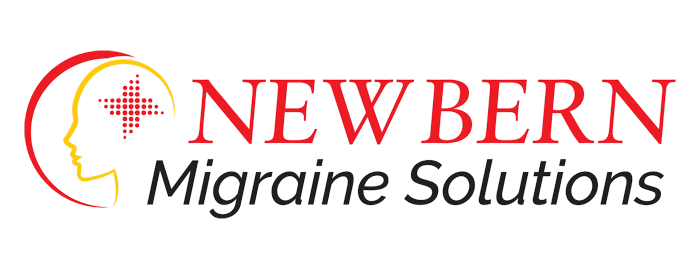The human body is a complex ecosystem constantly interacting with the environment. Among the myriad external factors influencing our health, mold and parasites stand out as particularly insidious invaders. Though often overlooked, these organisms can cause significant health problems. This article delves into how mold and parasites affect the human body, highlighting their symptoms, potential risks, and preventive measures.
Mold: The Hidden Threat
What is Mold?
Mold is a type of fungus that grows in multicellular filaments called hyphae. It thrives in damp, warm, and humid environments, often proliferating in homes, workplaces, and schools. Common types of mold include Aspergillus, Penicillium, Cladosporium, and Stachybotrys chartarum (black mold).
Health Effects of Mold Exposure
- Respiratory Issues: Mold spores, when inhaled, can cause a range of respiratory problems. Symptoms include coughing, sneezing, nasal congestion, and throat irritation. Individuals with asthma or chronic respiratory conditions may experience exacerbated symptoms and increased asthma attacks.
- Allergic Reactions: Many people are allergic to mold spores. Allergic reactions can manifest as hay fever-like symptoms, including runny nose, itchy eyes, and skin rashes. In severe cases, exposure can lead to anaphylaxis, a potentially life-threatening reaction.
- Infections: Although rare, some molds can cause infections, particularly in immunocompromised individuals. Aspergillosis, caused by the Aspergillus mold, can affect the lungs and other organs, leading to serious health complications.
- Toxic Reactions: Certain molds produce mycotoxins, toxic compounds that can cause a range of health problems. Chronic exposure to mycotoxins can lead to neurological issues, immune suppression, and in extreme cases, cancer.
Parasites: The Unseen Adversaries
What are Parasites?
Parasites are organisms that live on or inside a host organism, deriving nutrients at the host’s expense. They include protozoa, helminths (worms), and ectoparasites like lice and ticks. Parasites can enter the human body through contaminated food, water, soil, or insect bites.
Health Effects of Parasitic Infections
- Digestive Problems: Many parasites, such as Giardia and Entamoeba histolytica, infect the gastrointestinal tract, causing symptoms like diarrhea, abdominal pain, bloating, and nausea. Helminths like tapeworms and roundworms can also cause malnutrition and weight loss.
- Anemia and Fatigue: Blood-feeding parasites, such as hookworms, can cause significant blood loss, leading to anemia and chronic fatigue. Malaria, caused by Plasmodium parasites transmitted by mosquitoes, can also cause severe anemia.
- Skin Issues: Ectoparasites like lice, scabies, and ticks can cause itching, rashes, and secondary infections. Tick bites can transmit diseases like Lyme disease, leading to long-term health issues if not promptly treated.
- Neurological and Systemic Effects: Some parasites can invade the central nervous system, causing neurological symptoms. Toxoplasma gondii, for example, can cause encephalitis and other serious conditions, particularly in immunocompromised individuals. Systemic infections can lead to organ damage and, in severe cases, death.
Preventive Measures and Treatments
Preventing Mold Exposure
- Control Humidity: Maintain indoor humidity levels below 60%. Use dehumidifiers and ensure proper ventilation in damp areas like bathrooms and basements.
- Fix Leaks: Repair any leaks in roofs, walls, or plumbing to prevent mold growth.
- Clean and Disinfect: Regularly clean and disinfect areas prone to mold growth using appropriate cleaning agents.
Preventing Parasitic Infections
- Food and Water Safety: Ensure food is cooked thoroughly and drink only purified or boiled water. Avoid consuming raw or undercooked meat and seafood.
- Hygiene Practices: Wash hands regularly with soap and water, particularly before eating and after using the restroom.
- Protective Measures: Use insect repellent, wear protective clothing, and use bed nets to prevent insect bites.
Treatment Options
- Mold-Related Issues: Treatment involves removing the source of mold exposure, using antihistamines for allergic reactions, and administering antifungal medications for infections.
- Parasitic Infections: Treatment depends on the specific parasite and may include antiparasitic medications, supportive care, and addressing any complications arising from the infection.
Mold and parasites are often silent invaders, causing a range of health issues from mild discomfort to severe illness. Awareness and preventive measures are crucial in mitigating their impact on our health. By understanding the risks and symptoms associated with mold and parasitic infections, individuals can take proactive steps to protect themselves and their loved ones from these hidden threats.

